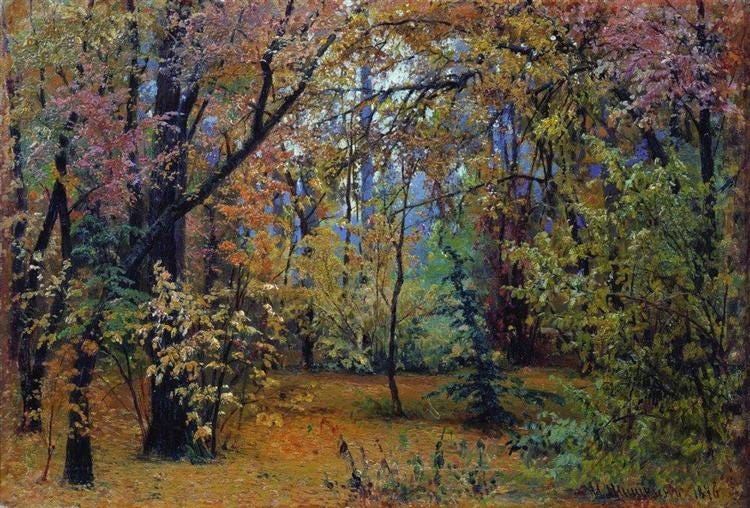Morning and Evening, Pt. X
The tenth installment in an ongoing narrative, told week by week
Previously published: Morning and Evening, Parts I, II, III, IV, V, VI, VII, VIII and IX
Edited by David Swanson
Chapter 5.
Frost descended on Hanachiv before the eve of Sukkot, and an early frost was an omen of a long, spiteful winter. In years when the fields froze before full harvest, and the Christian market-days were sparse, the Jews of Hanachiv clutched at their empty bellies and implored God to grant an early spring. When even the storehouse floors of the Gentiles were bare of grain, then the housewives of Hanachiv served their hunger-soup. This dreaded dish—the poor fare of February, when the ground rang like iron against the boots of peasant and Jew alike—was only well-water, heated on a sputtering stove, flavored with the dried garlic that hung in long and pungent braids in every cellar, and a lump of fat preserved from the autumn slaughters weeping into the bowl, for greedy spoons to skim and sop up with the ends of meager loaves.
But for now, the goods of the harvest were still plentiful. In the wood, red gooseberries shone under white hoarfrost, clear sweet birch juice could still be made from gathered sap, the market-women hauled stout barrels of apples to Przemyslany. And the Jews built their Sukkot huts, festive booths, one for each home, and one beside the shtiebel for the widows and the orphans and those who lived on collective charity. Here, on the first night of the holiday, steaming soups, plump knaidlach, and many glasses of tea would release their fragrant vapors into the chill air, and families would huddle close under roofs hastily built of stripped oak branches. In previous years, many of the most pious would attempt to fulfill the chumrah, a stringency above the letter of the law, of sleeping in the booth, in addition to taking one’s meals there, for the Torah dictated that the People of Israel had lived in their huts for seven days; but since Berl the Tzaddik, in an unnaturally cold year, had been found by his wife frozen on the morning of the second day of the holiday—his lips still pursed, as if saying the Shema—even the holiest of Hanachiv slept indoors, warmed by their wives, by straw and feathers.
Keep reading with a 7-day free trial
Subscribe to The Sword and the Sandwich to keep reading this post and get 7 days of free access to the full post archives.




